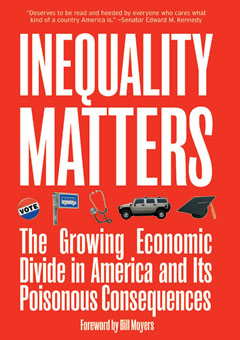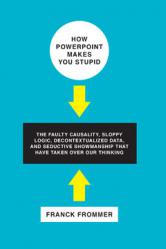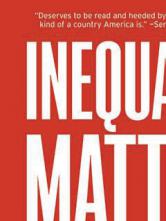Inequality Matters
Leading American scholars and activists explore the question our leaders have been working overtime to ignore
“The middle class and working poor are told that what’s happening to them is the consequence of Adam Smith's ‘Invisible Hand.’ This is a lie.” —from Bill Moyers’s introduction to Inequality Matters
Since the 1970s, the U.S. economy has been sending more and more of its rewards to fewer and fewer people. Once seen as a global exemplar of egalitarianism and middle-class opportunity, America has become the most unequal of developed nations—a land where corporate leaders earn hundreds of times the pay of average workers, and the only population group growing faster than millionaires is the uninsured. Statistics aside, this quarte-century-long trend has changed the texture of American life in ways that threaten our deepest values.
Drawing on the best and latest research, the contributors explore issues such as the real story the numbers tell about how America has changed; dimensions of inequality (education, health, and opportunity); causes of inequality, looking past the usual suspects of technology, trade, and immigration; the persistence of racial disparities; the erosion of democracy and community; and inequality as a moral and religious problem. Not just a catalog of inequality’s ills, the book concludes with a plausible and hopeful policy path—beyond redistribution—to a more just and humane economy.
With contributions by:
- Joel Bakan
- Heather Boushey and Christian E. Weller
- Barbara Ehrenreich
- Robert H. Frank
- Robert M. Franklin
- William Greider
- Christopher Jencks
- David Cay Johnston
- Richard D. Kahlenberg
- Robert Kuttner
- James Lardner
- Betsy Leondar-Wright
- Charles Lewis
- Meizhu Lui
- Bill Moyers
- Miles S. Rapoport and David A. Smith
- Jonathan Rowe
- Theda Skocpol
- David A. Smith and Heather McGhee
- Jim Wallis
- Eric Wanner
- David R. Williams and James Lardner






